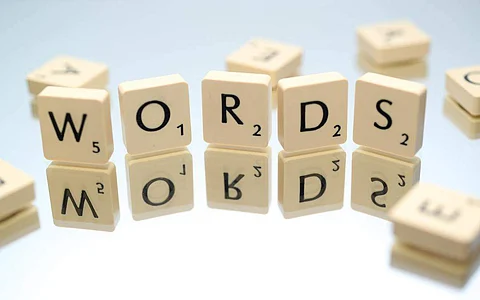

The terms ‘political correctness’, ‘politically correct’, ‘politically correct language’, ‘political incorrectness’ and ‘politically incorrect humour’ are widely used these days and people who are politically incorrect are criticised. Some well-known leaders and politicians are known for making politically incorrect statements.
All the expressions listed above came about in the 1970s. The term ‘political correctness’ refers to the behaviour or language that would not cause an individual of any social or cultural group to feel offended. Conversely, the term ‘political incorrectness’ is used to describe behaviour, language, ideas or jokes that may cause offense to people of certain castes, religions, races, regions, and nations.
I define ‘politically correct language’ as language that is polite, people-sensitive and progressive. It is inclusive and does not offend any group of people.
When a person has a negative attitude towards people of certain social, cultural, religious or ethnic groups, gender or disability and behaves or uses language in an offending way, then the person is said to be politically incorrect. Some people take delight in hurting others by using politically incorrect humour. Jokes that are targeted at people of a certain sex, caste or race in a way to offend them are said to be politically incorrect jokes. Look at the example below:
A worldwide survey was conducted by the UN. The only question asked was: “Would you please give your honest opinion about solutions to the food shortage in the rest of the world?” The survey was a huge failure. In Africa, they didn’t know what food meant. In Eastern Europe, they didn’t know what honest meant. In Western Europe, they didn’t know what shortage meant. In China, they didn’t know what opinion meant. In the Middle East, they didn’t know what solutions meant. In South America, they didn’t know what please meant. And in the USA they didn’t know what the rest of the world meant.
The anecdote above is a perfect example of a politically incorrect joke as it leaves the readers with a distorted impression of certain countries. It is distorted because not all East Europeans are dishonest and not all South Americans are impolite.
Various news reports indicate that President Donald Trump has been notorious for making politically incorrect statements. In India too we have leaders who have been severely criticised for using such insensitive statements. A year ago, while participating in a TV programme when politician Tarun Vijay called South Indians ‘blacks’ by suggesting that Indians cannot be called racist as people live with those from South India who are ‘black’, earned the ire of South Indians for making the statement. Reacting to Tarun Vijay’s statement P Chidambaram tweeted: “When Tarun Vijay said ‘we live with blacks’, I ask him who is ‘we’? Was he referring to BJP/RSS members as the only Indians?”
Why is it important to be politically correct? The language we use reflects our attitude and influences our thoughts and behaviour. Even sexist language (non-inclusive language) is politically incorrect language. Let’s analyse some of the politically incorrect sexist words and phrases and their politically correct alternatives. The words policeman, postman and chairman are exclusionary words and they influence our thinking that only men can play such roles and women should not aspire to these positions. Such terms imply that men are superior to women. The above gender-specific terms have been replaced by these words: police officer, mail carrier, and chairperson. Look at these sentences:
Every doctor should patiently listen to his patients.
Every nurse should be kind to her patients.
In the sentences above the pronouns ‘his’ and ‘her’ indicate that doctors are male and nurses are female.
The terms swine flu, flush toilet, green revolution, minority, and saint were named the top politically incorrect words and phrases of 2009 by the Global Language Monitor. Why are these terms called politically incorrect expressions?
